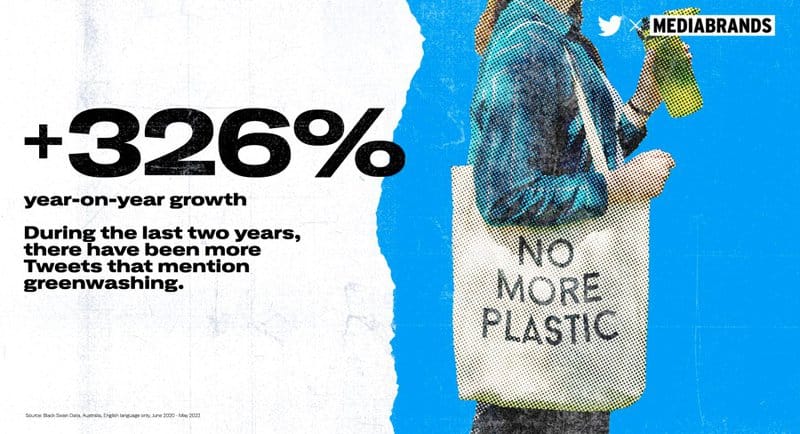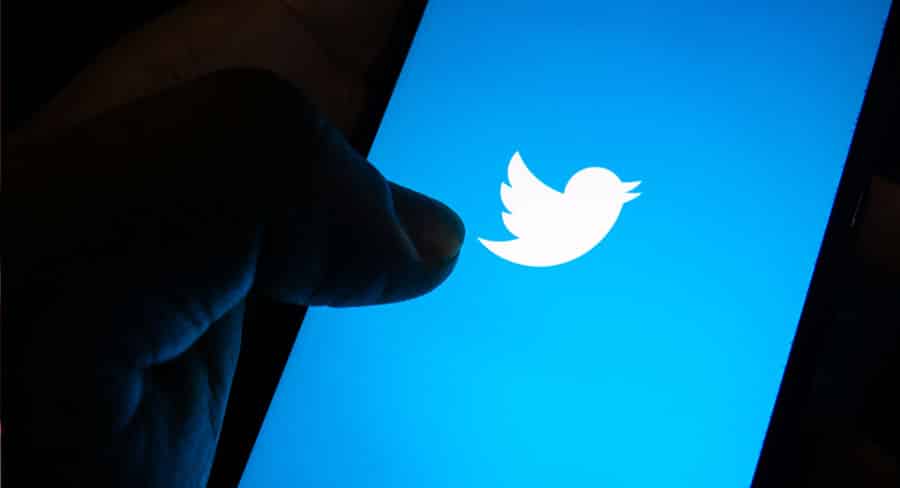Research commissioned by Twitter Australia, IPG and MAGNA indicates Australians turn to the social media platform to drive awareness about sustainability and connect with others who share the same passions.
The Black Swan Data, commissioned by the companies, looked at Tweets in Australia related to sustainability topics. The research aims to discover the cultural conversations around sustainability in Australia whilst gaining an understanding of how people talk about sustainability.
Additionally, the results sought to capture the ever-changing meaning of the word ‘sustainability’ due to its rapid evolution and expansion, so brands can authentically and empathetically connect with these conversations and apply these insights to their business practices.
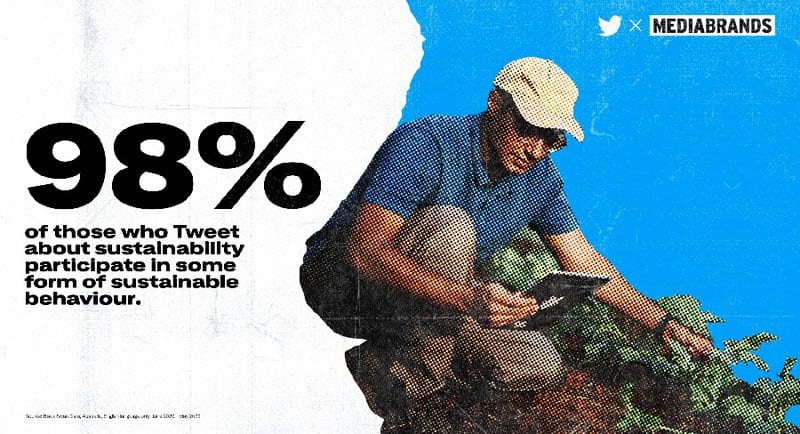
Angus Keene, managing director for Twitter Australia & New Zealand, said: “Twitter’s greatest strength is serving the public conversation, and we saw from this research how Australians rely on our service to rally the community around sustainability.
“Australians have Tweeted about sustainability over 6.2 million times in the last two years, and we predict this conversation growing even more. These are influential voices, it’s a growing community and it’s an opportunity for brands to listen, connect with their audience, and make a difference,” he added.
Hannah Rook, intelligence and insights MAGNA, said: “All consumer insight from this study will be shared alongside IPG’s broader Sustainability initiative, due for release to clients this year. Our aim is to help clients adopt leading sustainable media practices by creating action orientated solutions.
“These results indicate the vast majority of Australians are passionate about adopting sustainable practices. However, the results suggest that achieving sustained behavioural change can be a challenge. Some barriers to this change included the size of the crisis, associated premium and cost involved by the consumer and either too much or too little information when navigating decision making. This can create a disconnect resulting in less action by the consumer.
“Brands can play a critical role in creating the momentum that Australians are desperately seeking and we will be sharing the results with Initiative and UM clients so they can benefit from the insights gained. Ultimately, business and government need to work towards closing the gap, so the more insight we can discover about sustainability and the attitudes and opinions of Australians in specific product and category verticals, the better,” Rook added.
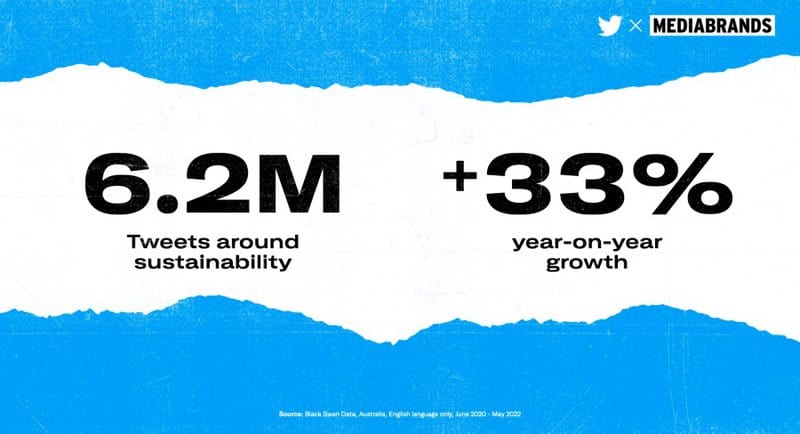
With over six million Tweets analysed during a two-year period, the research revealed the following key insights:
1. Australians are on Twitter talking about sustainability more than ever before, with climate being the biggest sustainability issue
In the last two years, there have been over 6.2 million Tweets around sustainability, a +33% year-on-year growth. Based on these Tweets, climate is the biggest sustainability concern for Australians, making up 50% of the sustainability conversation.
Within the climate conversation, there has been a 32% year-on-year growth on Tweets focused on extreme weather conditions. Between bushfires and recent floods, Aussies have taken to Twitter to share their concerns. Many use the hashtags #Auspol, #Bushfire, #Floods, #ClimateCrisis, and #ClimateChange to share their message.
2. The overall sustainability conversation is shifting towards big structural issues. Consumers expect brands and governments to make systemic changes to improve sustainability efforts.
As the conversation around sustainability continues to grow and gain traction, Australians are moving their focus from individual action towards big structural topics. Topics that once drove these conversations – packaging, recycling, and sustainable fashion – are starting to see declines. Instead, there are more conversations around energy & transport (+18%), and industry, innovation & infrastructure (+22%). Aussies are looking to brands and governments alike to play a bigger and strategic role in making sustainability a key priority.
3. Consumers are increasingly becoming hyper-aware of acts of greenwashing
During the last two years, there have been more Tweets that mention greenwashing than ever before, with +326% year-on-year growth. Consumers are tired of brands that claim to be environmentally conscious but in reality are not making any notable sustainability efforts. While consumers are not afraid of calling these brands out, their conversations around this matter include topics around climate, appreciating & preserving nature, energy & transport, and recycling & waste.
4. Most people who Tweet about sustainability participate in some form of sustainable behaviour
Australians who are passionate about this topic are also doers of what they Tweet about. Based on Twitter’s internal data, 98% of people who Tweet about sustainability participate in some form of sustainable behaviour – whether it be in an active manner by prioritising a sustainable lifestyle and products, or through more passive behaviours like recycling or reusing. From big to small acts, consumers are carefully considering their purchasing behaviours – everything from tech, fashion, beauty, food, and home products – in ways to make their lifestyles more sustainable. This includes buying secondhand items to reduce personal waste, seeking out ethical and eco-friendly health and beauty products, or even switching to animal-free diets with plant-based living.
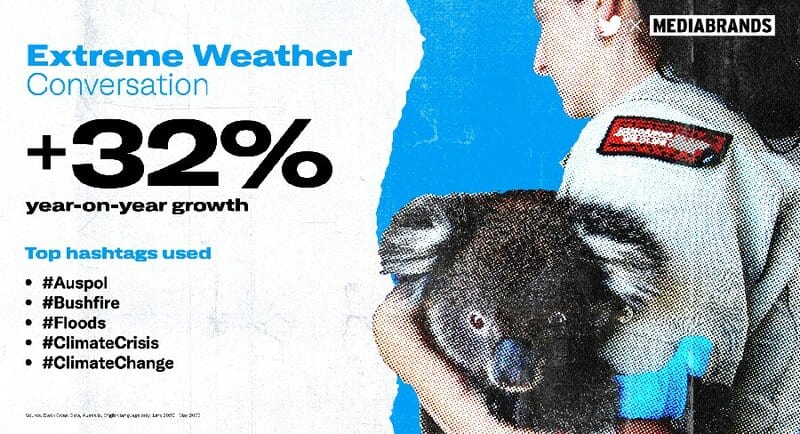
The research also indicated people can be segmented into four distinct groups based on how they talk about sustainability on Twitter.
• Active Sustainability Enthusiasts
• Being sustainable forms part of these individuals’ lives and they attempt to influence others to live more sustainably. Personal values and beliefs in contributing towards a sustainable future outweigh cost and time constraints.
• Moderate Priority Consumers
• Sustainability is a moderate priority and these consumers will actively engage in taking action, as long as it doesn’t require high investment in their time or in relation to cost.
• Passive Sustainability Consumers
• They are not actively engaged in sustainability, but will occasionally contribute if there are no cost implications – if action is free or saves costs. This includes basic actions like recycling, second hand clothing, or using reusable shopping bags.
• Sustainability Deniers
• This group is doing very little to contribute towards a sustainable future, either due to not believing in climate change, or a lack of knowledge, education, or interest in the matter.
What this means for brands
These Tweets have proven to be powerful and influential as consumers use Twitter to raise awareness around sustainability and call out environmentally-harmful business practices.
Consumers gravitate towards brands whose values align with their own, and are looking for brands whose actions are consistent with their stated intentions around sustainability – otherwise, consumers are quick to call out instances of greenwashing.
Brands should not only be able to show how their products or services enable Australians to be more sustainable in their everyday lives, but also highlight how the brand is contributing to improve global sustainability efforts.
